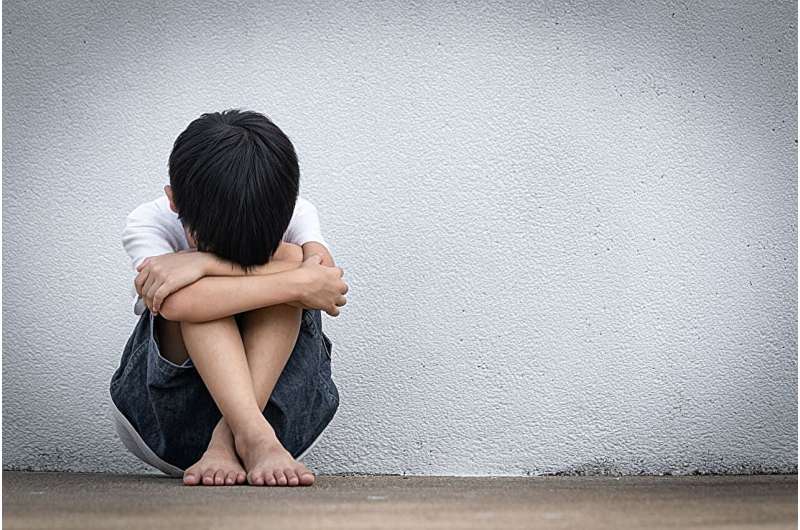This article has been reviewed according to Science X's editorial process and policies. Editors have highlighted the following attributes while ensuring the content's credibility:
fact-checked
peer-reviewed publication
reputable news agency
proofread
Program can prevent adverse childhood experiences in Indigenous children

A seven-session program that teaches skills to prevent adverse childhood experiences (ACEs) in a largely Indigenous population shows promise for preventing ACEs, according to a study published online Aug. 13 in Pediatrics.
Katie M. Edwards, Ph.D., from the University of Nebraska in Lincoln, and colleagues randomly assigned 124 families (96% Indigenous; 90% with yearly income <$40,000) with 194 children aged 10 to 14 years to treatment (66 families and 173 individuals) or to wait-list (58 families and 145 individuals) control groups. Treatment included a seven-session program (Tiwahe Wicagwicayapi program [TWP]), which teaches skills to prevent ACEs that are rooted in Lakota culture, language, and history.
The researchers detected treatment effects, indicating reductions in the incidence of child ACEs (incidence rate ratio, 0.64), bullying victimization (odds ratio, 0.35), depression (d = −0.20), and externalizing behaviors (d = −0.23) compared with control participants; in addition, increases were seen in parent-child communication (g = 0.27) and child help-seeking behaviors (d = 0.28).
The program prevented intimate partner violence victimization and perpetration for caregivers (incidence rate ratios, 0.36 and 0.45, respectively), as well as harsh parenting (g = −0.27), depression (d = −0.24), and increased emotional regulation, social support, and cultural connection (d = 0.37, 0.33, and 0.34, respectively).
"The TWP holds great promise to prevent ACEs among low-income, Indigenous children," the authors write. "The program also moved the needle on a number of other outcomes, showing potential promise for widespread public health impact among a highly structurally minoritized population."
More information: Katie M. Edwards et al, Preventing Adverse Childhood Experiences in a Sample of Largely Indigenous Children, Pediatrics (2024). DOI: 10.1542/peds.2023-065412
© 2024 HealthDay. All rights reserved.




















